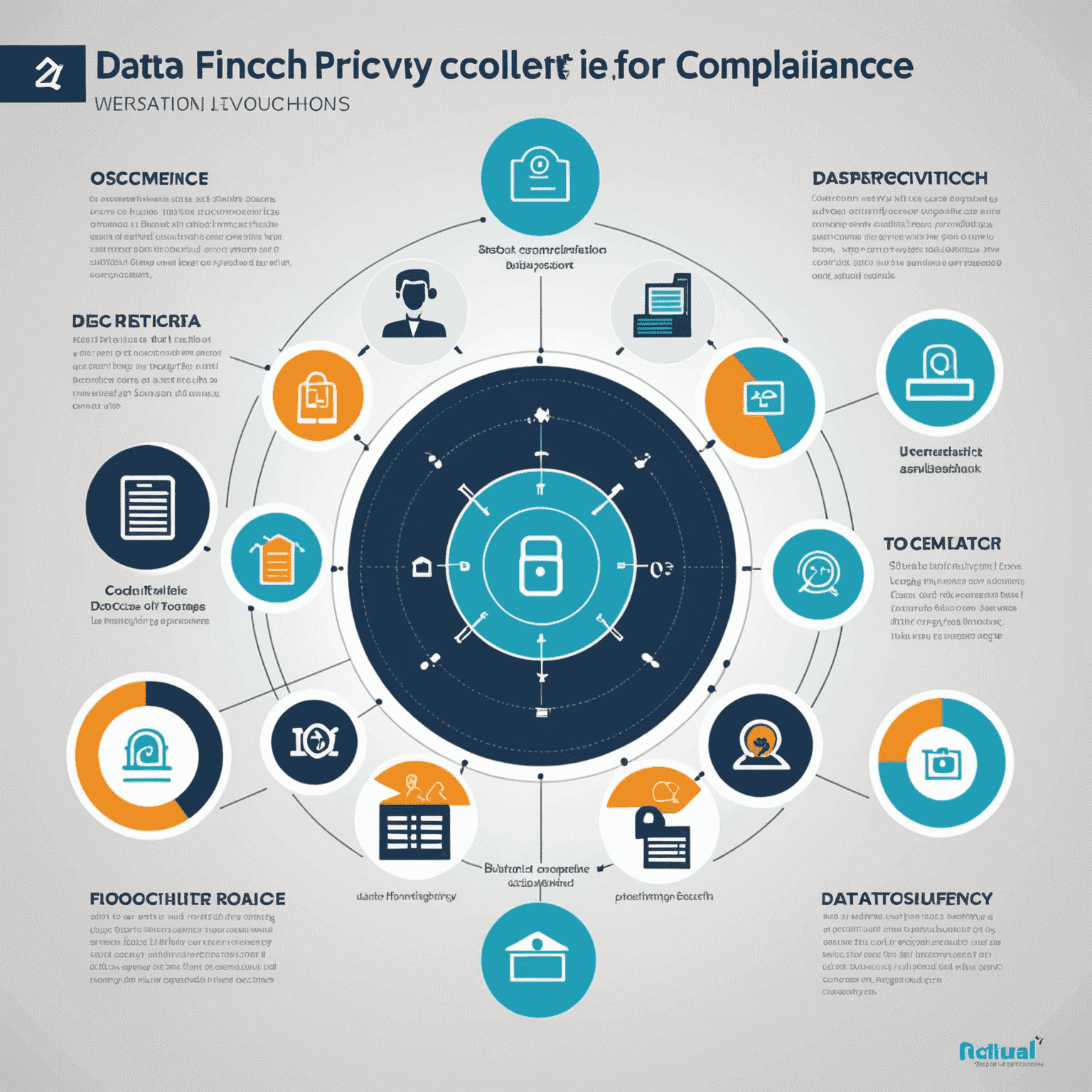Data Privacy Regulations: Navigating New Laws in South Africa's Fintech Landscape

As South Africa's fintech industry continues to evolve, new data privacy regulations are reshaping the landscape. This analysis explores the impact of these laws and offers strategies for compliance.
Understanding the New Data Privacy Framework
South Africa has recently implemented stringent data privacy laws that significantly affect the fintech sector. These regulations aim to protect consumer data and align the country's practices with global standards. Key aspects include:
- Mandatory data protection officer appointments
- Strict consent requirements for data collection and processing
- Enhanced rights for individuals regarding their personal data
- Rigorous data breach notification protocols
Impact on Fintech Operations
The new regulations present both challenges and opportunities for fintech companies operating in South Africa. Businesses must now:
- Revise data collection and storage practices
- Implement robust security measures to prevent data breaches
- Develop transparent data usage policies
- Create mechanisms for easy data access and deletion upon request

Strategies for Compliance
To navigate these new regulations effectively, fintech companies should consider the following strategies:
Conduct Thorough Data Audits
Regularly assess what data is collected, how it's used, and where it's stored to ensure compliance.
Invest in Employee Training
Educate staff on new data handling procedures and the importance of data privacy.
Implement Privacy by Design
Integrate data protection measures into all new products and services from the outset.
The Road Ahead
As the fintech industry in South Africa adapts to these new regulations, companies that prioritize data privacy will likely gain a competitive edge. By demonstrating a commitment to protecting consumer data, fintechs can build trust and loyalty among their user base.
While compliance may initially seem daunting, it presents an opportunity for fintech companies to refine their processes and potentially expand into new markets that value strong data protection measures.
Key Takeaway
Embracing these new data privacy regulations is not just about avoiding penalties; it's about positioning your fintech business as a trusted, forward-thinking player in the South African market.
By staying informed and proactive in addressing these regulatory changes, fintech companies can turn compliance into a strategic advantage, much like how healthcare consulting firms adapt to new industry standards to better serve their clients.